Music photography: the best cameras to get great gig shots
Choose the camera and kit to suit your skill level and venue
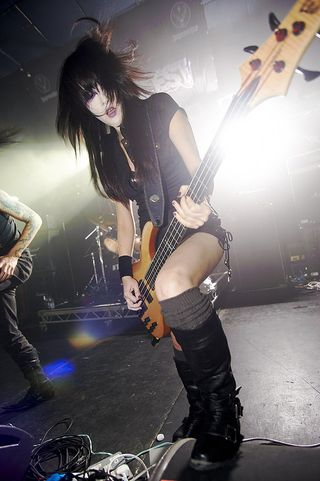
As the venues get larger, the restrictions tend to get tighter. Gigs held at medium or large concert venues tend to require appropriate accreditation to enable you to take an interchangeable lens camera into the venue.
Although most venues of this size will have a pit at the front, which you can gain access to with your pass, you will invariably only be able to shoot the first three songs of each act, and it will be very rare that flash is permitted.
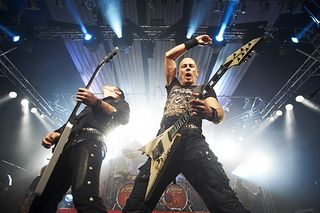
As with gigs in a pub, an entry-level DSLR camera such as the Canon EOS 1100D, Nikon D3100 or Pentax K-r should be adequate.
Because flash is rarely permitted, beginners will do well to invest in a lens with a fast maximum aperture. The option with the lowest cost is a 30 or 50mm prime lens with an aperture of f/1.8 or brighter, which can often be picked up for around £100/$150, or even less in some cases. Although this be great for low light, it lacks flexibility if shooting a more active performer.
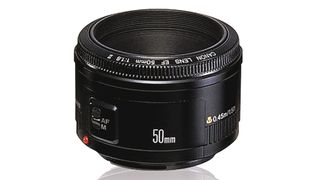
In these cases a zoom lens with a fast constant f/2.8 aperture covering roughly 17-50mm will help. Those offered by third party manufacturers, such as Sigma, Tamron and Tokina, cost less than the manufacturer's own lenses.
Intermediate photographers will be served well by an mid, to high-end DSLR such as the Canon EOS 60D, Canon EOS 7D, Nikon D90, Nikon D7000, Sony A580 or Pentax K-7.
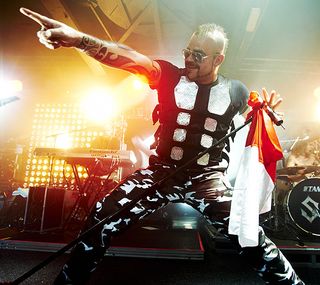
This coupled with a standard f/2.8 zoom covering roughly 17-50mm and a telephoto zoom with a fast f/2.8 aperture covering the 70-200mm range. The bright maximum apertures will enable sharp images to be taken under most stage lighting and will also isolate your subject from a potentially cluttered background.
Get daily insight, inspiration and deals in your inbox
Get the hottest deals available in your inbox plus news, reviews, opinion, analysis and more from the TechRadar team.
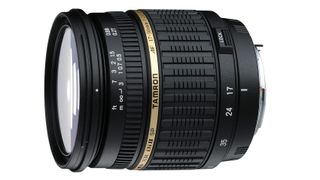
Professional photographers will find the quality at high ISO sensitivities and increased dynamic range offered by a full-frame DSLR, such as the Canon EOS 5D Mk II or Mk III, or the Nikon D700, invaluable.
Two or three zoom lenses with a constant aperture of f/2.8 will be the norm, the most common being lenses covering roughly 24-70mm and 70-200mm. Some professionals may wish to pack an ultra-wide zoom for capturing more of the stage too.
Although flash is rarely allowed, it pays to be prepared and pack an external flash unit, just in case. On the same note, a prime lens with a bright maximum aperture of f/1.8 or brighter will cover those times when the venue appears to forget to switch on the lights.
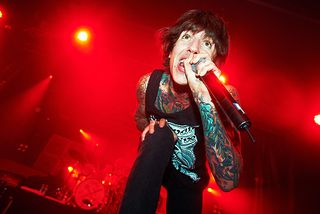
Current page: Best cameras for medium or large venues
Prev Page Best cameras for shooting concerts in a pub or bar Next Page Best cameras for arenas or stadiums